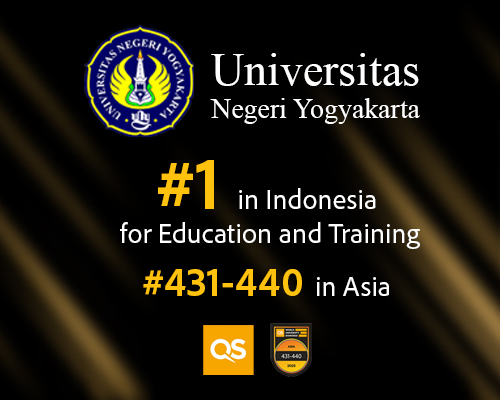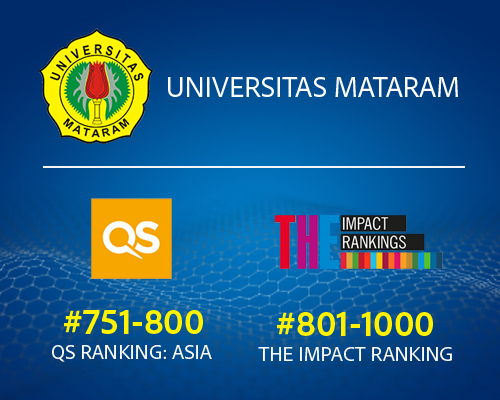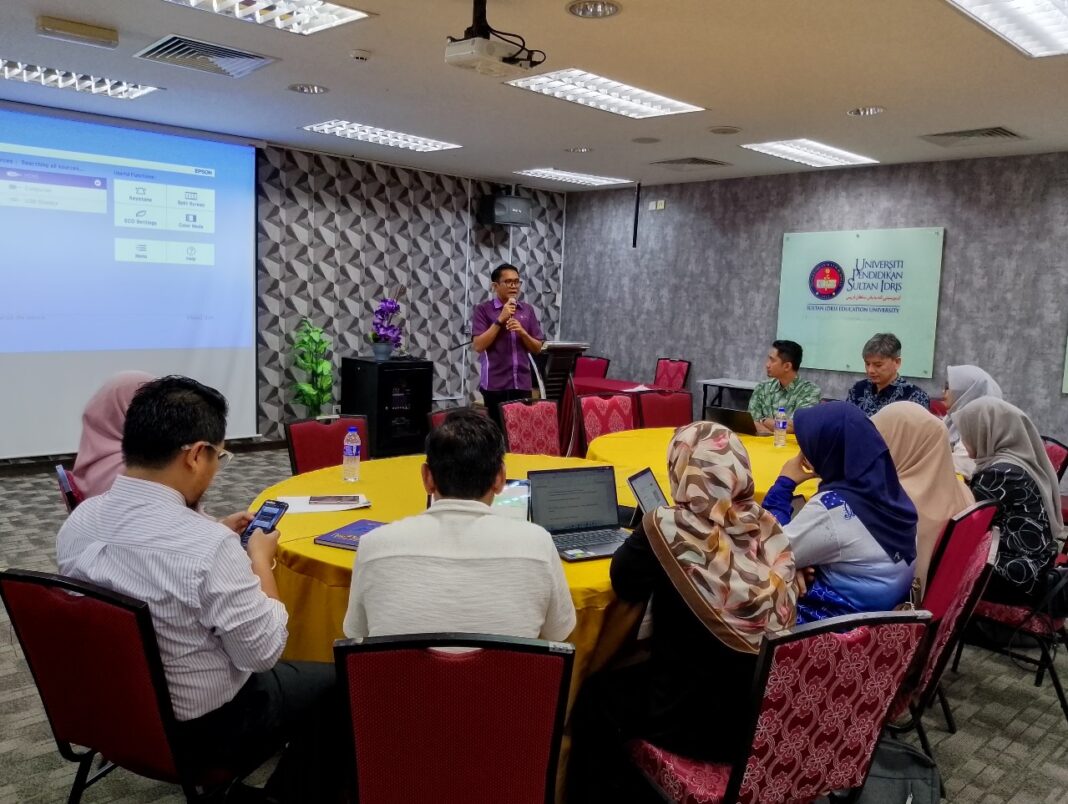International partnerships are reshaping STEM education across ASEAN, as universities join forces to tackle 21st-century educational challenges. Yogyakarta State University (UNY) has launched a strategic collaboration with three leading institutions to strengthen Science, Technology, Engineering, and Mathematics implementation across Indonesia, Malaysia, and Thailand.
**Key Points**
- UNY collaborates with UPSI, UiTM, and Kasetsart University to assess STEM education readiness across three ASEAN nations
- Malaysia’s STEM Blueprint 2013-2025 provides structured national policy framework with industry partnerships
- UiTM integrates gamification and AI tools like ChatGPT into interdisciplinary student projects
- Thailand emphasizes STEM integration with Sustainable Development Goals through contextual learning approaches
- Cross-border research aims to establish adaptive, globally competitive STEM education policies
How UNY’s ASEAN Partnership is Transforming STEM Education Implementation
UNY’s Faculty of Mathematics and Natural Sciences research team — comprising Dr. Ali Mahmudi, Dr. Sabar Nurohman, Dr. Nur Aeni Ariyanti, and Rizki Arumning Tyas, M.Pd — conducted comprehensive academic discussions and partnership exploration with Universiti Pendidikan Sultan Idris (UPSI), Universiti Teknologi MARA (UiTM), and Kasetsart University. This initiative represents a significant step toward strengthening educational transformation across Southeast Asia.
What Makes Malaysia’s STEM Framework So Effective?
Blueprint-Driven National Strategy Powers Implementation
Discussions commenced at UPSI, Malaysia, on July 21, 2025, alongside Associate Professor Dr. Som Cit A/P Si Nang. Malaysia’s national policy accelerates STEM implementation through the comprehensive STEM Education Blueprint 2013-2025, supported by the National STEM Action Plan and strategic industry collaborations with companies like Petronas.
This creates a solid ecosystem spanning from KSSM curriculum development to project-based learning approaches. Consequently, teacher competency strengthening occurs through structured zonal training programs that ensure nationwide consistency.
How Does UiTM Innovate Teacher Preparation?
Gamification Meets Cross-Disciplinary Projects
On July 22, 2025, the visit continued to UiTM’s Faculty of Education. Working with Dean Assoc. Prof. Dr. Shireena Basree Abdul Rahman, UNY’s team explored innovative curriculum approaches and educational technology integration.
UiTM students actively participate in interdisciplinary projects including green city initiatives and aquaculture using advanced platforms like Arduino, TinkerCad, and Minecraft. Notably, gamification integration and AI utilization, including ChatGPT, serve as creative solutions to enhance student engagement with science education.
What Distinguishes Thailand’s STEM Approach?
SDGs Integration Creates Meaningful Learning Context
In Thailand, UNY’s team received warm reception from Asst. Prof. Udomluk Koolsriroj and Asst. Prof. Wandee Kasemsukpipat on July 24, 2025. Thailand positions STEM as integral to education based on Sustainable Development Goals.
Coding, robotics, and environmental STEM constitute primary focus areas, supported through STEM camps, action research, and microteaching methodologies. Despite lacking strict national regulations, Thailand’s educational culture emphasizes contextual and enjoyable learning approaches that resonate strongly with students.
This cross-border research transcends idea sharing to establish foundations for contextual, relevant STEM education policies.
Why Does This Regional Collaboration Matter Now?
The partnership timeline demonstrates systematic knowledge exchange across three distinct educational frameworks:
- Malaysia’s structured policy approach through national blueprints and industry partnerships
- Malaysia’s technological innovation via gamification and AI integration in teacher training
- Thailand’s SDGs-focused methodology emphasizing contextual learning experiences
Each country contributes unique strengths that collectively address ASEAN’s educational transformation needs. In contrast to isolated national efforts, this collaborative approach enables adaptive policy development that responds to global challenges while respecting local contexts.
Bottom Line
UNY’s strategic partnership with UPSI, UiTM, and Kasetsart University establishes a foundation for collaborative, transformative, and globally competitive education systems across Southeast Asia. This initiative positions STEM not merely as academic subjects, but as a unified movement toward sustainable educational development in the region.
The research outcomes will inform policy frameworks that are contextual, relevant, and adaptive to 21st-century global challenges, ultimately strengthening ASEAN’s position in international education competitiveness.





